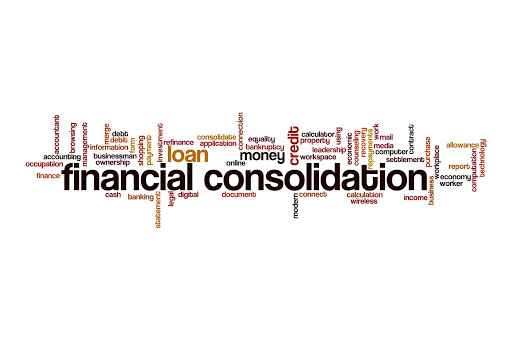
Debts are not cool, and the truth is that sometimes, debt consolidation loans can help you recover from your financial crisis. They allow you to kill the mammoth amounts of debt stressing you. Consolidation enables you to settle your debts smoothly. Get the facts if you want to work with a settlement company.
What Is Debt Consolidation?
Debt consolidation is a combination of different unsecured debts—payday loans, credit cards, medical bills—into one monthly account to help you pay lower interest rates, lower monthly payments, and a simplified debt relief plan.
The interest rate of the debt consolidation loan is generally set at the creditor’s discretion or lender and depends on your credit score and past payment behavior. Even if you qualify for a low-interest loan, there is no assurance that the rate will remain low. But let’s be honest: your interest rate is not the biggest concern. Your spending patterns are the problem.
Can Interest Rates In Debt Consolidation Change?
Interest rates relate directly to debt consolidation through credit card balance transfers. The attractively low interest rate is usually an initial promotion and relates only for a particular duration of time. The quality is eventually going to go up.
Be on guard for “special” low-interest deals during a holiday. Some companies know that people who don’t stick to the budget holidays tend to spend more and later panic when bills come flying in.
Some other companies will hook you up at a low interest rate, then inflate the interest rate over time, leaving you with more debt!
Does Consolidating Your Bills Mean You’ll Be In Debt Longer?
In almost every case, you’re going to have lower payments because your loan duration is lengthy. Extended terms shall mean vast costs. It would help if you aimed to pay the loan as soon as possible.
Most of the time, after someone’s debt, is consolidated, it crawls back. Why? People don’t aim to spend less and pay cash. They haven’t practiced money habits to build wealth and keep out of the patterns. If the money habits had not changed, they’re remarkably likely to get back into debt.
What Is The Difference Between Debt Settlement And Debt Consolidation?

Debt settlement is quite different. Debt settlement means that you hire a firm to negotiate with your credit for a lump-sum payment that will cost less than you owe. There are also the charges for “service” offered. Often the fee is anywhere from 10% to 15% of your debt.
In simple terms: if you owe $50,000, your settlement fees would be between $7,500–10,000. So, your debt is going from $50,000 to $57,000–60,000. As if that’s not bad enough, deceitful debt settlement firms often ask clients to stop paying their debts and instead spend on the company.
Once their fees are paid, they pledge to agree with your lenders and resolve your debts. Sounds great? Well, debt settlement companies generally don’t do anything to help you with your debt after taking your money.
Which Is The Fastest Way to Get Out of Debt?
When you consolidate your debts with a debt consolidation company, you’re only going to treat the symptoms of your money problems and never get to the heart of why you have such obligations first. You don’t have to merge the bills—you have to pay them off.
To do that, you need to alter the way you see the debt! You have the power to work your way out of debt. What you need is the right strategy. The remedy is not a fast fix, nor will it come in the form of a lower interest rate, another loan, or debt settlement.
